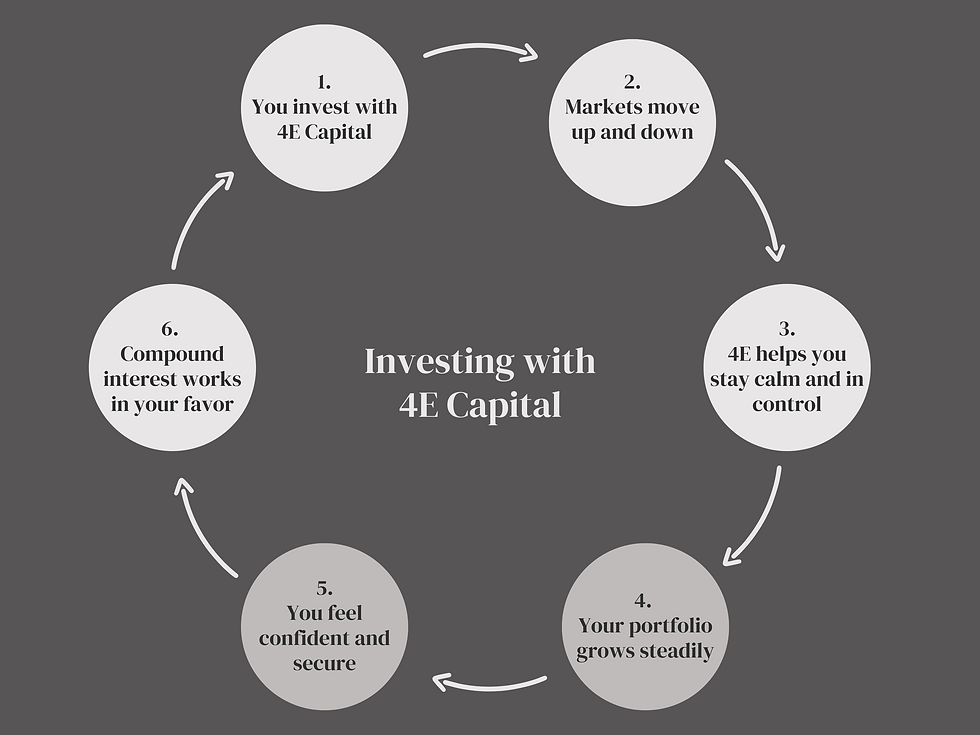FOMO - Investing
- Ana Vujica
- Jul 10, 2025
- 3 min read
Updated: Sep 2, 2025
Everyone has experienced FOMO at some point.
Whether it was about snagging a ticket to a coveted game, getting a table at the most prestigious restaurant in town, or not investing in the right place at the right time, everyone knows the fear of missing out.
But especially in the world of finance, this fear can be dangerous.
FOMO investing, i.e. investing out of fear of missing out, is not a new phenomenon, but in times of social media and constant information noise, it is more present than ever.

What is FOMO investing?
FOMO, also known as Fear of Missing Out , describes the psychological reaction to the feeling of being left out, especially when others appear to be profiting.
In investing, this manifests itself as follows:
"Everyone's talking about this coin, I have to get in too!"
"My colleague made 40% on this stock, I can't stay behind!"
The problem: These decisions are rarely based on analysis, but rather on social pressure, emotion and short-term thinking.
Why emotions are bad
Financial advisors
Emotions are part of investing, whether excitement when prices rise or uncertainty in turbulent times.
But it becomes problematic when emotions not only resonate but also control decisions.
Anyone who buys impulsively because "it feels right" or sells because prices are falling is not pursuing a strategy, but reacting.
This does not create stability, but a constant up and down.
Emotions are human. But they are not a plan!
Sustainable wealth creation requires clarity, structure and vision, not gut feeling in moments of uncertainty.

How to recognize FOMO
FOMO often sneaks in unnoticed. Look out for the following warning signs:
You feel pressure of time - "I have to go now!"
You rely on social media tips instead of research
You invest more than originally planned
You can't explain how the product works
How to avoid FOMO
It's worth having a plan!
Instead of chasing the hype aimlessly, create a plan.
Here are some strategies to help you build a foothold:
Widely diversified
Our #1 rule is diversification. Instead of betting on a hyped stock or speculative cryptocurrencies, you'll do yourself a favor and keep your risk low. You'll also be more relaxed when market fluctuations occur.
Patience is rewarded
The stock market is like a roller coaster ride, and successful investors know this and use it to their advantage. It has been proven time and again that the stock market grows over the long term.
The compound interest effect
Long-term investing allows you to benefit from the compound interest effect. Those who stay invested for years or decades will see their wealth grow exponentially.
(I'll write more about this in a blog post that might interest you, don't miss it)
Breathe deeply
Before you invest, ask yourself again why you want to invest and seek advice from your advisor.

FOMO as a driving force
FOMO doesn't always have to be a bad thing. Studies show that the feeling of missing out is what causes many people to start thinking about finances in the first place.
That's good as long as it doesn't create pressure, but rather curiosity.
Conclusion

.png)







